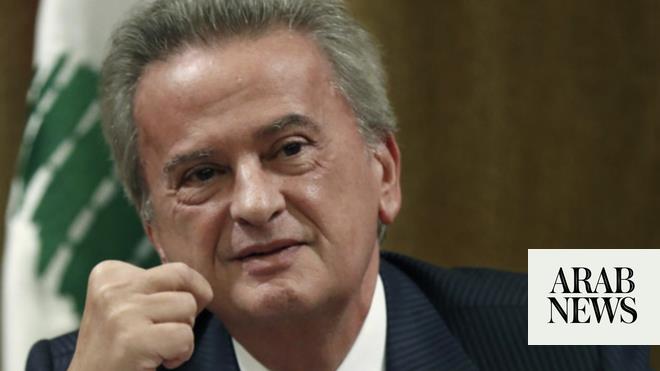
The Lebanese authorities on Thursday published the names of about 400 people included in a naturalization decree, which was unveiled last week and met with harsh political and popular reactions.
The decree, issued before the end of the government’s mandate on May 20, sparked a wave of controversies, and some parliamentary blocs announced their determination to challenge it before the Higher Constitutional Council.
Lebanese ministerial sources told Asharq Al-Awsat that the decree included the names of four “suspicious” persons, some of whom with Interpol notices.
They added that the Ministry of Interior was aware of those figures and sent relevant reports, through documented correspondence, to the presidency of the Republic and the government, requesting their removal from the decree, which did not happen.
According to the sources, the decree still has a legal status, but its implementation has been suspended.
The Lebanese Interior Ministry published it on Thursday, acknowledging that it “includes a number of names that have raised security and judicial suspicions in the preliminary investigations,” and noting that the validity of this information “is being checked by the General Directorate of General Security.”
The majority of naturalized persons were Palestinians (108) and Syrians (103), representing more than half of those naturalized, in addition to 47 French, 20 Americans and 17 British.
Former Iraqi Prime Minister Iyad Allawi and his family are among the most prominent figures who received citizenship. Syrian businessman Samer Fawz was absent from the list after claims he was among those naturalized, as it turned out that the director of his office, Khaldoun Zubi, received the Lebanese nationality.
Abdel-Kader Sabra, head of the Maritime Navigation Association in Lattakia, and Farouk Joud, deputy of the Chamber of Commerce and Industry in Lattakia were also granted the citizenship, in addition to the sons of former Syrian Minister Hani Murtada, whose son Mazen is married to a Lebanese woman.
Earlier this week, the General Security asked the Lebanese to report any information they had about the names included in the decree, which the Kataeb party’s sources considered as a “scandal.”
In comments to Asharq Al-Awsat, Kataeb sources reiterated that they would challenge the decree before the Constitutional Council, noting that discussions were underway with the Lebanese Forces and the Progressive Socialist Party (PSP) on the means to cooperate legally on this matter.
Former Minister Boutros Harb said that the interior ministry and the general security have acknowledged that figures, “who did not deserve the Lebanese citizenship”, were included in the decree, stressing that security and judicial investigations should have taken place before the decree was issued.
He added that the decree included a large number of naturalized Syrians and Palestinians, while “the preamble to the Constitution is clear regarding the rejection of settlement.”












